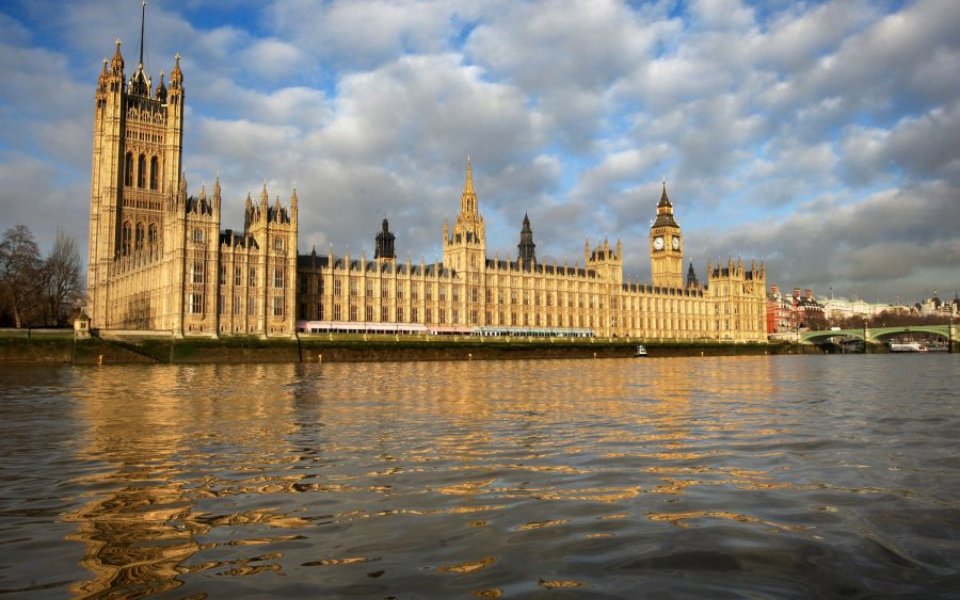Lords leap on banker bashing bandwagon

They say that nothing is stronger than an idea whose time has come. But what of an idea whose time came, went and which was then resurrected in the name of good old fashioned banker bashing?
That's where we now find ourselves with the so-called "reverse burden of proof" rule for senior bankers. It first emerged as part of the proposed Senior Managers and Certification Regime, and was criticised at the time for inverting the principle of innocent until proven guilty.
Senior executives would, under the proposals, have to prove that they were unaware of any wrongdoing at their institutions or else face prosecution. Former FCA boss Martin Wheatley was in favour of the idea, but he’s not there anymore and George Osborne U-turned on the proposals, amending them back in October.
Now a collection of peers are hoping to bring the policy back to life.
Never mind that governance experts slammed the idea as unworkable and excessive. Never mind the absurdity of forcing a manager to prove what he or she did not know. Never mind that the post-crash regulatory environment is much, much tougher than the regime that failed in 2008.
Never mind the fact that PwC said the proposals would cause "paralysis at board level" or that a leading City head-hunter warned that such a regime would put people off taking roles in the financial services sector. Or that top regulators have defended the changes.
No, what matters now is that Lib Dem peer Baroness Kramer wants to take a swipe at Osborne and "his friends in the banks". Kramer and Co have tabled an amendment to the Financial Services Bill and hope for a vote today.
The Lib Dem economic affairs spokesperson says Osborne’s U-turn suggests he has “forgotten about the 2008 crash”. This is unlikely to be the case.
Recapitalisation, stress-testing and ringfencing have all been on the chancellor’s radar lately, and he deserves credit for stepping back from proposals that would in fact have undermined the recovery of Britain’s financial services, including the EU bonus cap which he criticised just last week.
It’s not as likely to get a round of applause on Question Time as Kramer’s current effort, but it is the right thing to do.